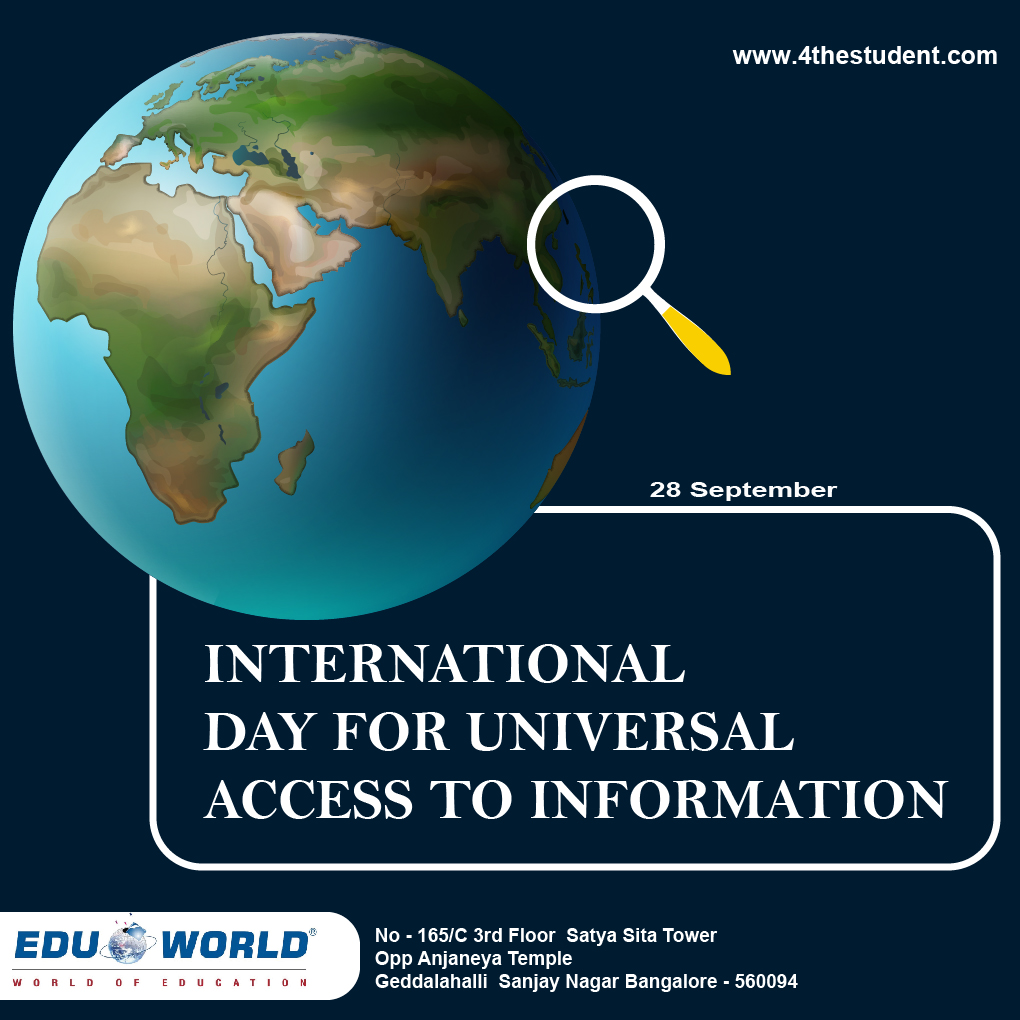cooperation in the field of implementing this human right will be the focus of the 2021 International Day for Universal Access to Information’s theme, which will highlight the role of access to information laws and their implementation in building back strong institutions for the public good and sustainable development the media. The right to information and international cooperation in the field of implementing this human right will be the focus of the 2022 International Day for Universal Access to Information‘s theme, which will highlight the role of access to information laws and their implementation in building back strong institutions for the public good and sustainable development the media.
Through the development of projects aimed at enhancing open science, multilingualism, ICTs for the disabled and marginalized, and media and information literacy, both programs also create a favourable environment for the flourishing of ATI. In our digital world, e-governance and artificial intelligence can make it easier to access information. By providing citizens with customized and accessible information, they can help close the digital divide. They can guarantee more effective services. Information and services provided by the public sector are readily available to citizens. Transparency and accessibility are enhanced when government services are made digital. However, these developments also raise concerns regarding fundamental rights and the ethical application of AI and e-Government by public institutions. How can we safeguard citizens’ privacy given that citizen data is used by Artificial Intelligence? What ethical principles are used to decide what information we can access thanks to artificial intelligence?
The International Day for Universal Access to Information (IDUAI) in 2022 will be a chance to talk about e-government and artificial intelligence with the goal of ensuring that everyone has the right to access information. The topic will make it possible to talk about the advantages and disadvantages of e-government and AI. In light of the presentation of policy guidelines for public sector information and a declaration that will affirm the right to information in the context of good governance principles, practical tools and best practices will also be discussed.
Citizens who are well-informed can make well-informed choices, such as going to the polls. Citizens can only hold their governments accountable for their decisions and actions if they are aware of how they are governed. Power comes from knowledge. As a result, healthy and inclusive knowledge societies are built on the foundation of universal access to information.
Edu World believes that the right to seek, receive, and share information is known as universal access to information. The right to free speech does not exist without this right. The ability to seek and receive information is an essential component of the media’s role in educating the general public about relevant topics. As a result, the right to press freedom is also connected to the right to universal access to information.




